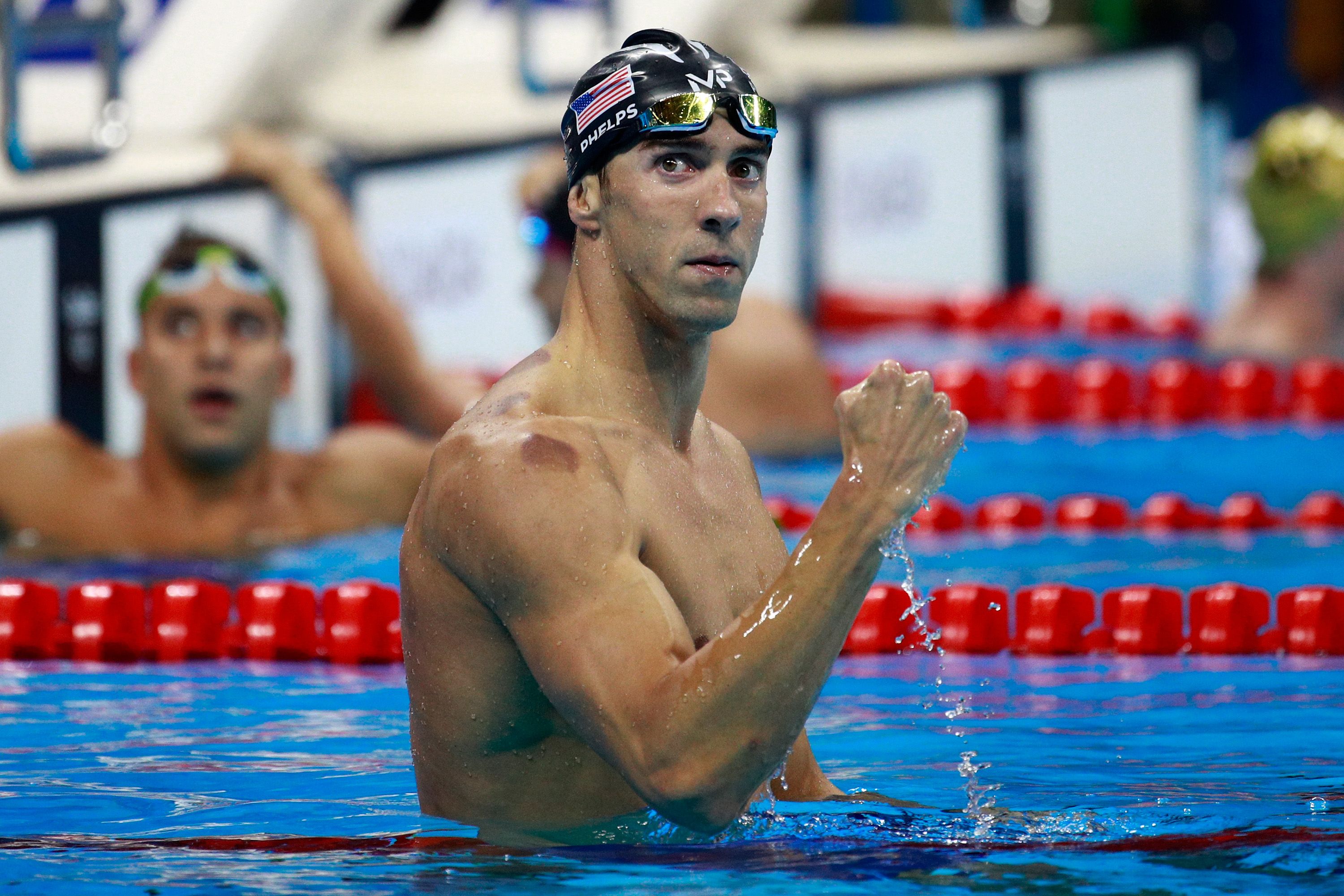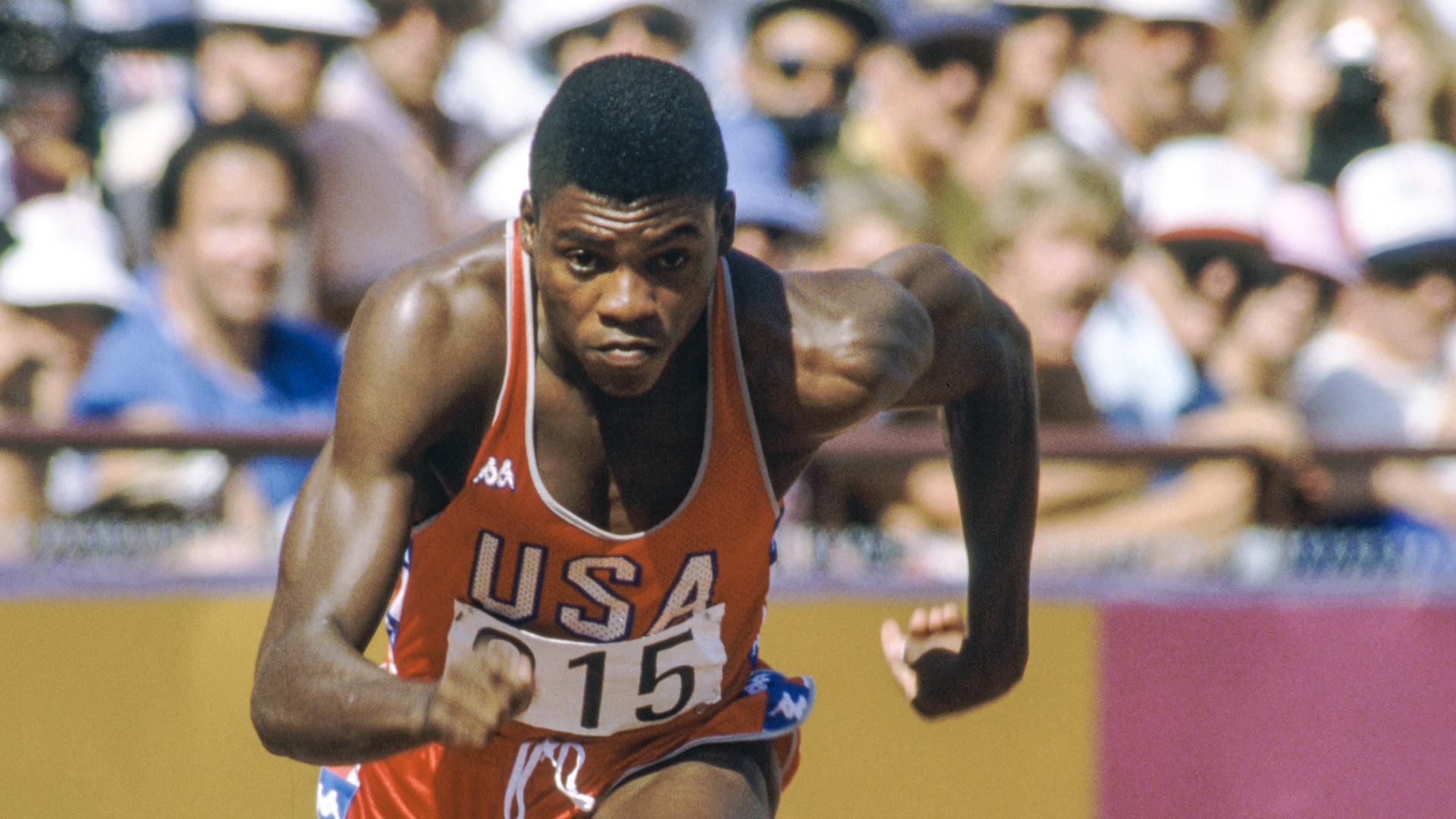The Olympic Games: A Timeless Pursuit of Excellence
The Olympic Games, a global spectacle of athleticism and human spirit, trace their roots back to ancient Greece. This millennia-old tradition has evolved into a cornerstone of international unity and competition. 
Ancient Origins
The first recorded Olympic Games took place in Olympia, Greece, in 776 BC. Initially a religious festival honoring Zeus, the king of the gods, the event gradually transformed into a celebration of human physical prowess. Athletes from across the Greek world competed in various disciplines, including running, wrestling, boxing, and chariot racing. Victory was not merely a personal triumph but a source of immense pride for the city-state represented.
The Olympic truce, a sacred period before and during the Games, ensured safe passage for athletes and spectators. This concept of peaceful coexistence through sport is a fundamental principle that continues to underpin the modern Olympics.
Revival and Modern Significance
After a hiatus of nearly 1,500 years, the Olympic Games were revived in 1896 through the visionary efforts of Pierre de Coubertin, a French educator. His aim was to foster international understanding and promote physical education. The modern Olympics have grown exponentially, both in terms of participation and scope.
The Games have become a powerful platform for nations to showcase their achievements and values. Athletes from diverse cultures and backgrounds compete on a level playing field, transcending political and social divisions. The Olympic spirit, characterized by excellence, friendship, and respect, has inspired countless individuals to strive for their personal best.
Moreover, the Olympics have played a crucial role in social and political change. The participation of women in the Games, initiated in 1900, has challenged gender stereotypes and paved the way for greater equality. The Games have also been a catalyst for human rights activism and have raised awareness of global issues.
Record-Breaking Legends
The Olympic Games have produced a pantheon of legendary athletes who have pushed the boundaries of human performance. While it's impossible to encapsulate every record-holder, a few stand out as emblematic of Olympic greatness.
- Usain Bolt (Jamaica): The undisputed king of sprinting, Bolt redefined speed with his world records in the 100m and 200m. His charismatic personality and dominant performances made him a global icon.

- Michael Phelps (USA): The most decorated Olympian of all time, Phelps' dominance in swimming is unparalleled. His record-breaking medal haul in multiple Games showcases his exceptional talent and dedication.

- Serena Williams (USA): A trailblazer in tennis, Williams has captured multiple Olympic gold medals and redefined women's tennis. Her impact extends beyond the court, as she is a vocal advocate for gender equality.

- Carl Lewis (USA): A versatile athlete, Lewis excelled in both long jump and sprinting. His Olympic triumphs and charismatic persona made him one of the most recognizable sports figures of his time.
 These are just a few examples of the countless athletes who have etched their names in Olympic history. Their achievements inspire generations of aspiring athletes and serve as a testament to the enduring power of the Olympic Games.
These are just a few examples of the countless athletes who have etched their names in Olympic history. Their achievements inspire generations of aspiring athletes and serve as a testament to the enduring power of the Olympic Games.
In conclusion, the Olympic Games have evolved from a religious festival to a global phenomenon. They continue to unite people, inspire dreams, and showcase the pinnacle of human athleticism. As the world changes, the Olympics remain a constant reminder of the power of sport to transcend boundaries and create a better future.




















































